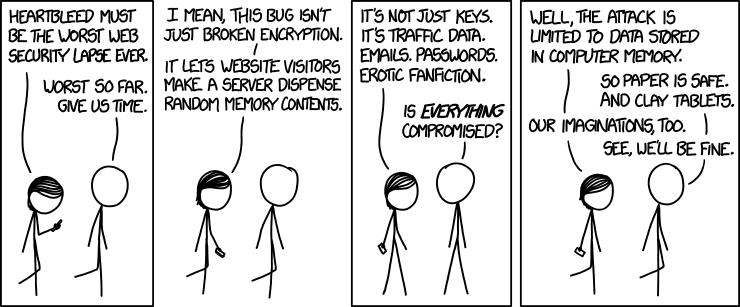At the Adam Smith Institute blog, Daniel Pryor discusses the reasons for “Silk Road” continuing despite police crackdowns:
Growing up in Essex has made me appreciate why purchasing illegal drugs online is a far more attractive option. I have experienced the catastrophic effects of drug prohibition first-hand, and it is part of the reason that the issue means a great deal to me. Friends and acquaintances have had terrible experiences due to contamination from unscrupulous dealers with little incentive to raise their drugs’ quality, and every reason to lace their products with harmful additives. The violence associated with buying and selling drugs in person has affected the lives of people close to me.
As a current university student, I now live in an environment populated by many people who use Silk Road regularly, and for a variety of purchases. From prescription-only ‘study drugs’ like modafinil to recreational marijuana and cocaine, fellow students’ experiences with drugs ordered from Silk Road have reinforced my beliefs in the benefits of legalisation. They have no need to worry about aggressive dealers and are more likely to receive safer drugs: meaning chances of an overdose and other health risks are substantially reduced.
Their motivations for using Silk Road rather than street dealers correlate with the Global Drug Survey’s findings. Over 60% of participants cited the quality of Silk Road’s drugs as being a reason for ordering, whilst a significant proportion also used the site as a way to avoid the potential violence of purchasing from the street. Given that payments are made in the highly volatile Bitcoin, it was also surprising to learn that lower prices were a motivation for more than a third of respondents.

 I actually chuckled when I read rumor that the few anti-open-source advocates still standing were crowing about the Heartbleed bug, because I’ve seen this movie before after every serious security flap in an open-source tool. The script, which includes a bunch of people indignantly exclaiming that many-eyeballs is useless because bug X lurked in a dusty corner for Y months, is so predictable that I can anticipate a lot of the lines.
I actually chuckled when I read rumor that the few anti-open-source advocates still standing were crowing about the Heartbleed bug, because I’ve seen this movie before after every serious security flap in an open-source tool. The script, which includes a bunch of people indignantly exclaiming that many-eyeballs is useless because bug X lurked in a dusty corner for Y months, is so predictable that I can anticipate a lot of the lines.



